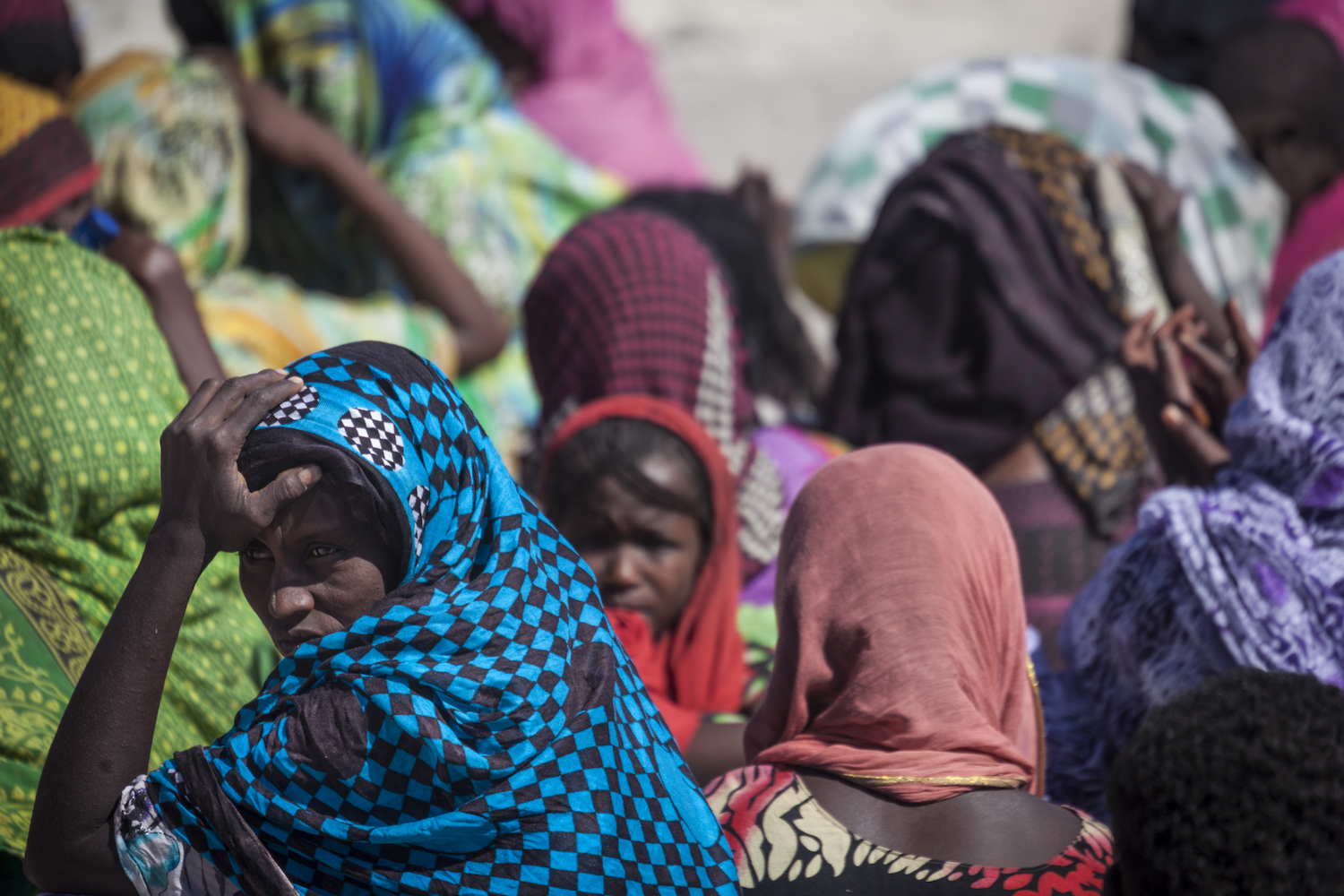Many of the youth that our Child Protection Experts work with have experienced and continue to deal with extreme trauma. After working on a particularly difficult and complex case for a child who had been tortured as a child soldier and was experiencing horrific physical and psychological injuries, one of our Experts reflected:
The child’s case reminds me that inasmuch as we are humanitarian workers, we are humans first and we have emotions. As humanitarians, we easily can suffer from vicarious trauma or other related traumas as a result of the different caseloads we manage. There is fulfillment in following up a dire case and seeing tremendous progress from basic needs being met, to medical conditions improving, and psychological status also improving. However, all this is not possible if different agencies with different strengths do not work together, and it is also not possible if regular psychological debriefing is not prioritized for direct staff, especially caseworkers who encounter traumatizing events on a daily basis.
In an effort to enhance that support, our Expert contacted his regional Senior Mental Health Officer to organize a virtual training on Psychological First Aid. He worked with her to create two different sessions: one focused on staff supporting adults, and another for those working with children. The participants came from all different departments, and our Expert reported that the staff members felt much more prepared to deal with difficult situations after learning new techniques.
Mental health support is absolutely integral for refugees trying to recover from the traumas they have endured, and providing staff with the skills to assist in that healing process is key. Moreover, giving staff the resources to monitor their own mental health is equally instrumental.
